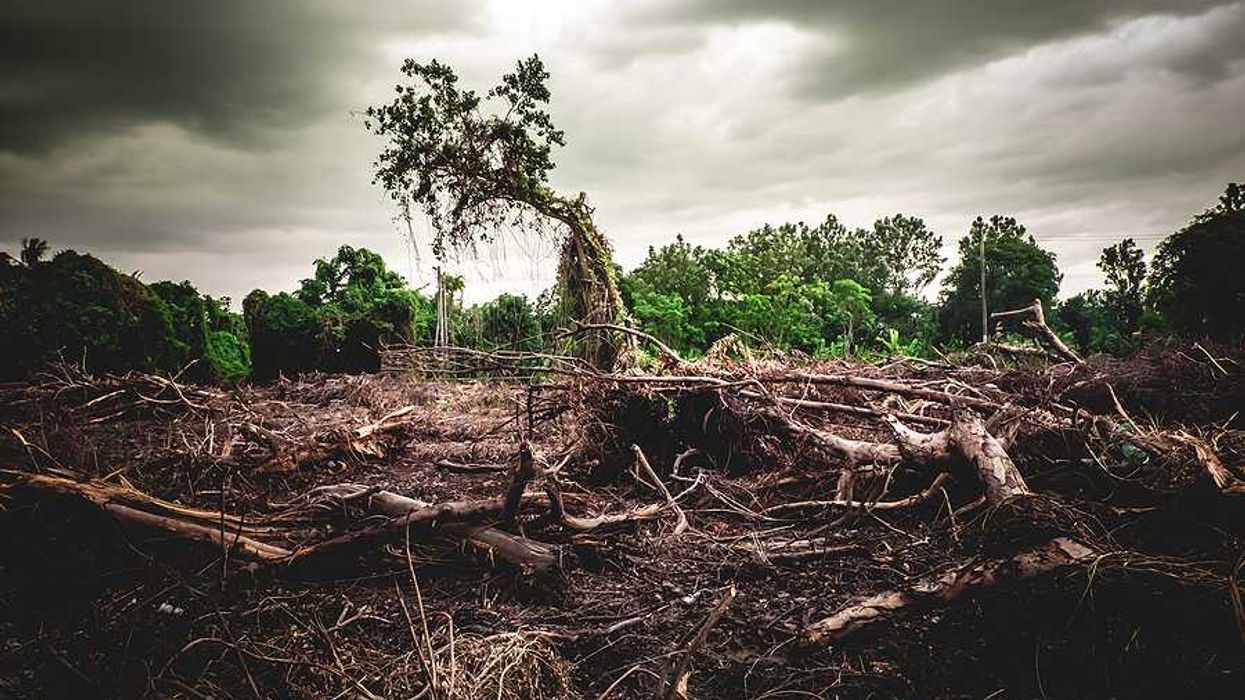Researchers at the University of Idaho received a $15 million grant to explore how forest microorganisms can help trees withstand drought and wildfires.
Mia Maldonado reports for Idaho Capital Sun.
In short:
- The EMBER project studies how microorganisms in Idaho forests respond to stress, aiming to improve forest management and resilience.
- The research focuses on coniferous trees and involves simulating drought and wildfire conditions to identify beneficial microorganisms.
- The project combines expertise from multiple scientific disciplines and integrates Indigenous forest management practices.
Key quote:
"We really didn’t have that engaged molecular and microbiology team before."
— Tara Hudiburg, principal investigator and professor at the University of Idaho
Why this matters:
Understanding the role of microorganisms can help forest managers maintain healthier forests amid climate change, reducing the impact of droughts and wildfires. This research also bridges modern science and traditional knowledge, fostering innovative forest management practices.














